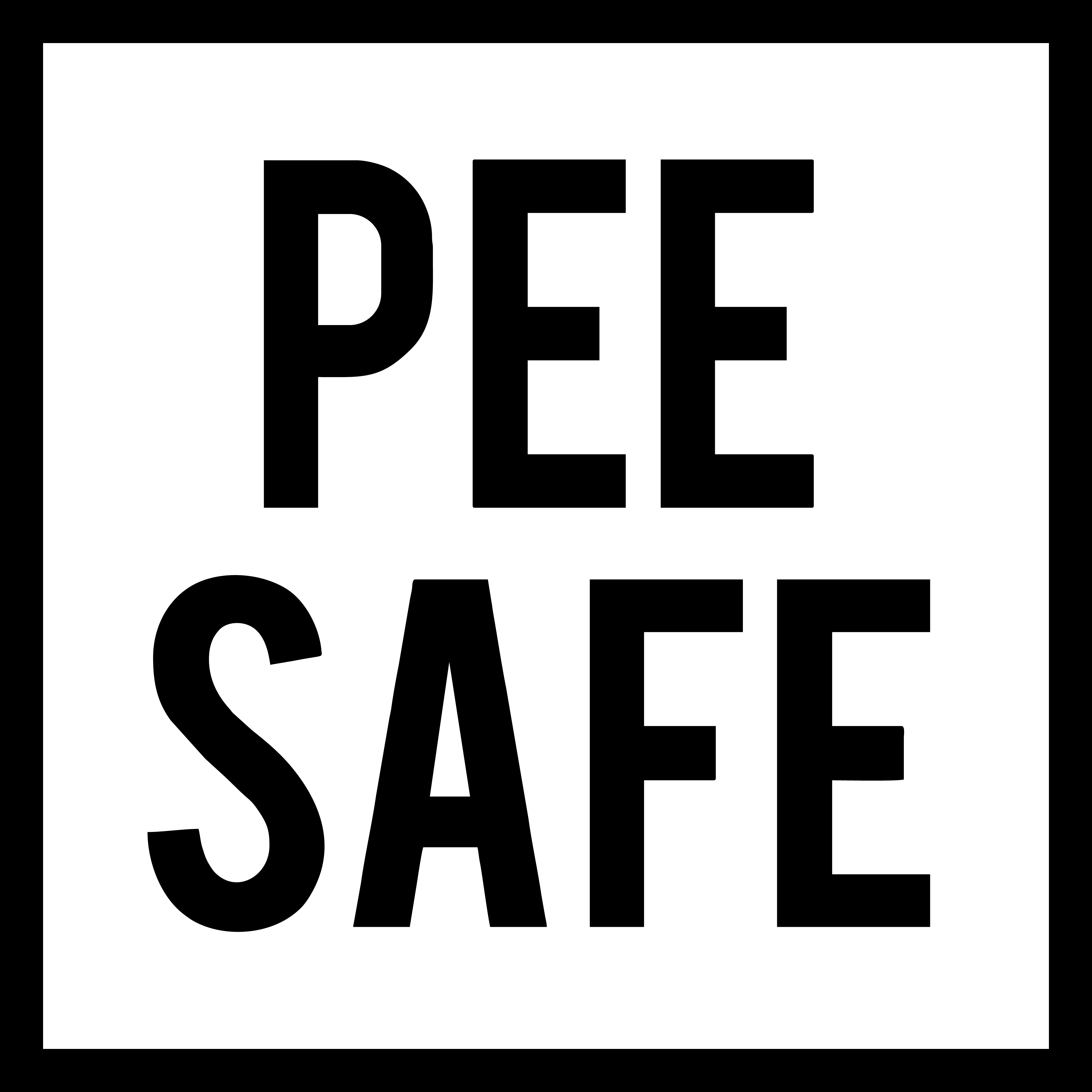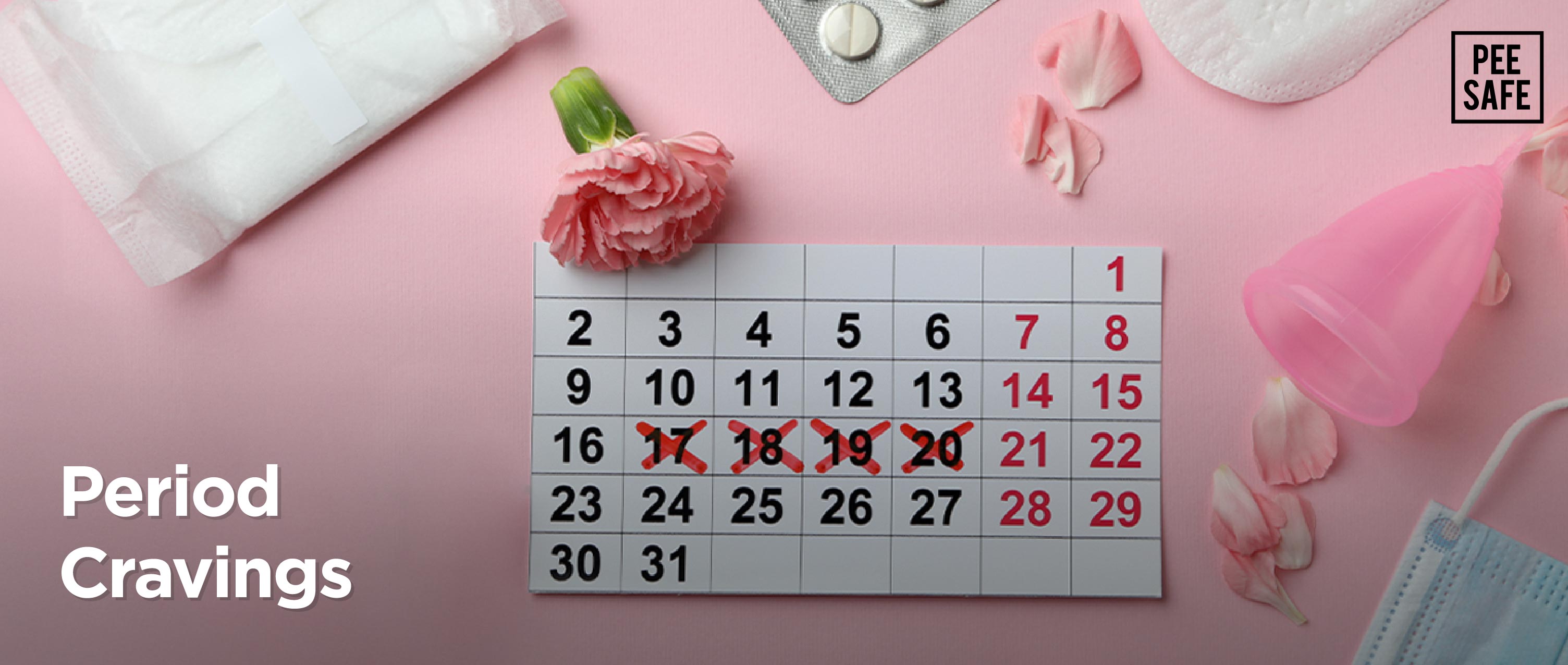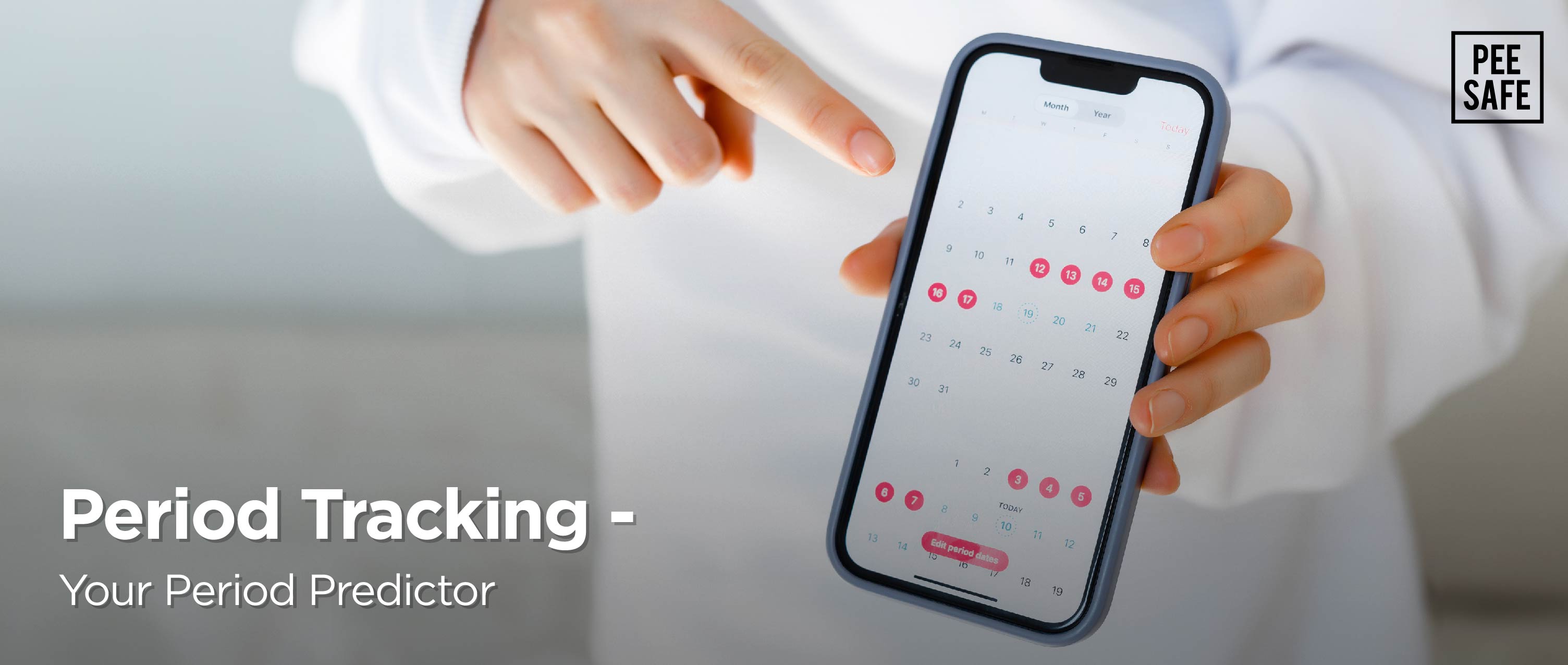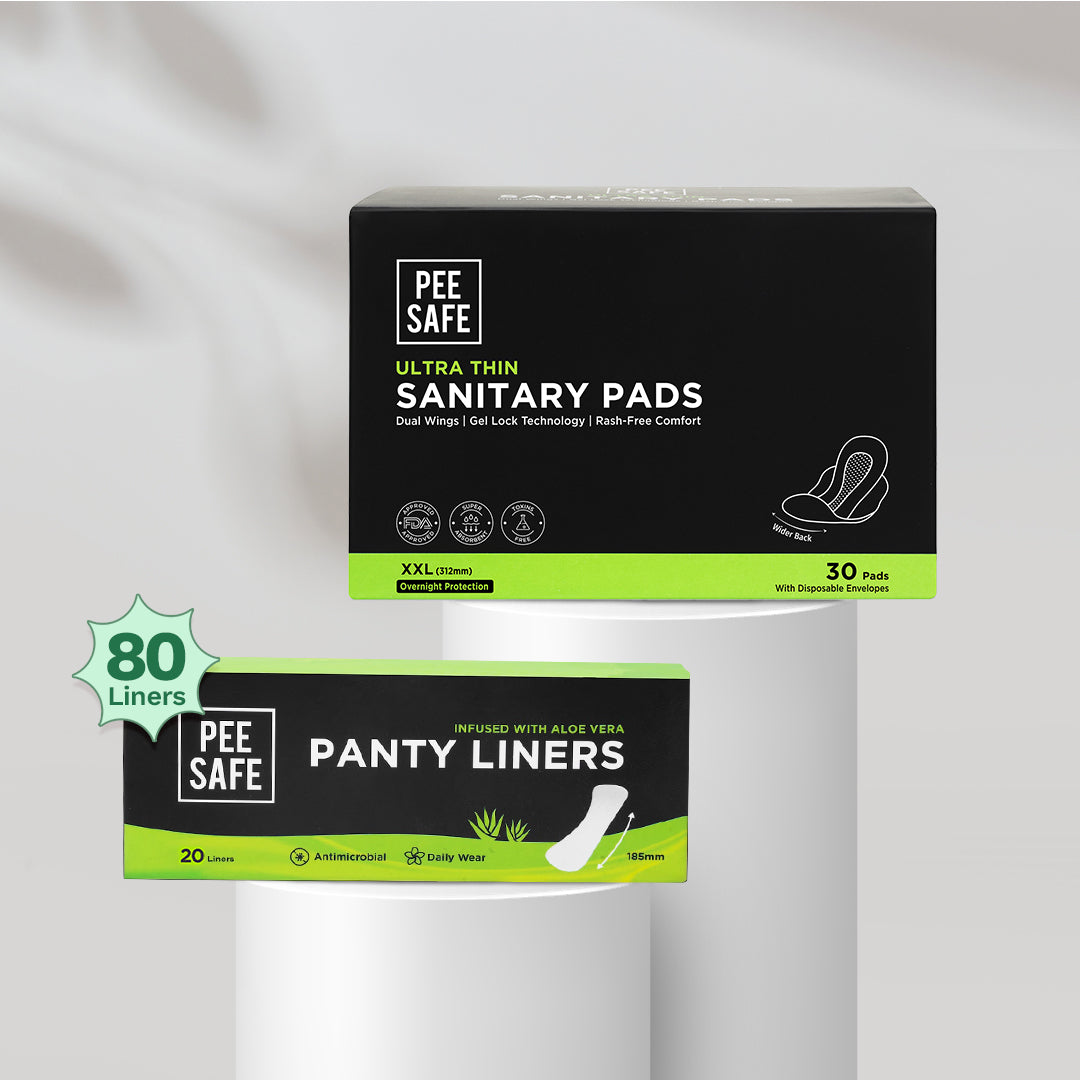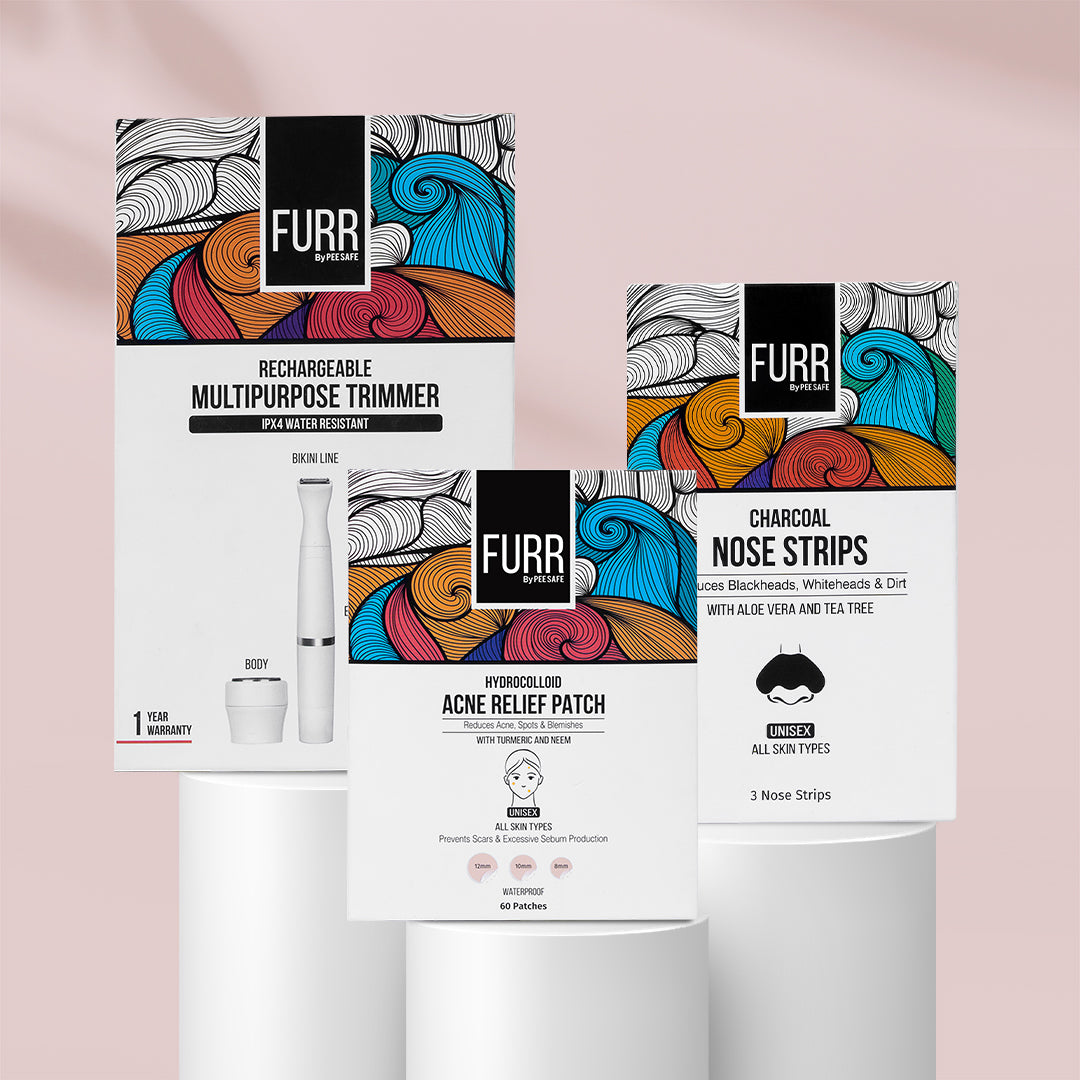You have a week left for your period when suddenly you’re hit with tenderness in your breast, fatigue and some nausea. There’s a twinge of confusion at the back of your mind. You start convincing yourself that this is a completely natural and normal part of your menstrual cycle. But, these intrusive thoughts seem to make a comeback before you can convince yourself otherwise.
Before you get your knickers in a twist, let’s delve right into pregnancy and pms symptoms and explore how you can distinguish between them!
What Is PMS And Pregnancy?
Let’s start with the nitty gritties of your situation.
PMS is a range of symptoms you face before your period starts. These are caused by a disruption of the hormone levels in your body. Symptoms can be both emotional and physical. Yep, that’s PMS right there.
Pregnancy on the other hand, is a period of time during which an embryo gestates into a foetus. Pregnancy happens when the egg released by the ovary is fertilised with sperm. Pregnancy symptoms vary ranging from nausea, missed period, frequent urination and changes in the way your breasts feel.
Pregnancy and PMS differ in their very root cause. PMS happens right before your period, whereas when you’re pregnant, you don’t get your period!
What Are Some Common Symptoms Of PMS And Pregnancy?
Pregnancy and PMS can have overlapping symptoms which can often lead to panic and confusion. Some of these symptoms can be:
Breast Tenderness:
- PMS: During PMS your breasts can feel tender and heavy. Sometimes your breasts can also start aching.
- Pregnancy: Breast tenderness is a symptom of early pregnancy. During this time you may also have heightened sensitivity in your nipples.
Nausea:
- PMS: During PMS, you can feel fatigued and nauseous. Most of these annoying symptoms occur due to the dysregulation of hormones in your body.
- Pregnancy: Pregnancy can often lead to morning sickness. This is generally nausea that is experienced during the first trimester of pregnancy.
Mood Swings:
- PMS: Being irritable and annoyed around your period is something we all go through. Mood swings are a major indicator that your periods are on the way.
- Pregnancy: Mood swings during pregnancy are caused by anxiety, hormone imbalances and stress about the upcoming rollercoaster journey.
Constipation:
- PMS: One of the less frequently talked about symptoms of PMS is poop! Or in this case, the lack thereof. Periods can affect your bowels and can often result in constipation among menstruators. This is generally regarded as a mild symptom and is not considered to interfere in day to day activities.
- Pregnancy: Constipation during pregnancy is experienced mainly in the second and third trimester. This can have underlying reasons such as hormonal fluctuations and foetus size. When the foetus grows in size, the bowel comes under pressure which can cause constipation.
Hold up, If you’re experiencing these symptoms how do you figure out if you’re pregnant or not?!
How To Distinguish Between PMS And Pregnancy?
The symptoms that are common to both PMS and pregnancy can put you in a conundrum of “Am I pregnant, or not?”. But before you fall prey to tension and panic, here are a few things to keep in mind.
- At Home Pregnancy Tests: When in doubt, test it out. A viable way of figuring out if you’re expecting, a pregnancy test can be easily bought at a local chemist or even delivered to your doorstep.
- Check Your Period Cycle: Take a quick look at your period calendar and figure out which date your cycle was due to start. If your period is late, it’s best to take a test or head to your gynaecologist.
- Doctor’s Visit: One of the best things to do when you’re confused is to head on over to your doctor to know more. With conclusive test results, your confusion can be put to rest.
While you’re playing this game of what to expect, when you’re expecting (or not) make sure you maintain your cool. Stressing out and getting anxious will do no good. Whether it's PMS or pregnancy, you deserve all the care and attention.
For more on periods, vaginas and pregnancy, check out the Pee Safe website!
-
✍️ This article was curated by Sarah Abraham
